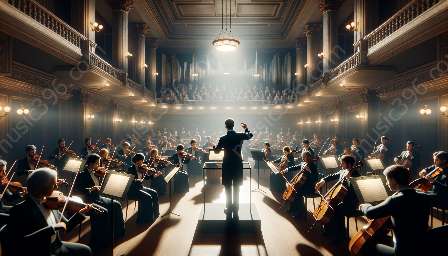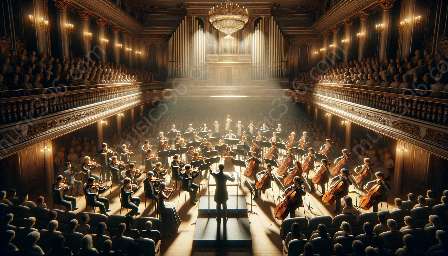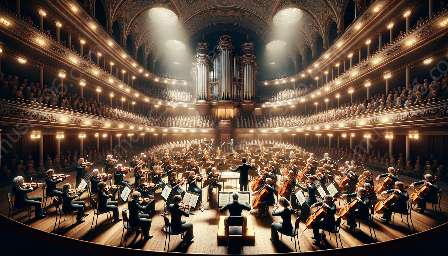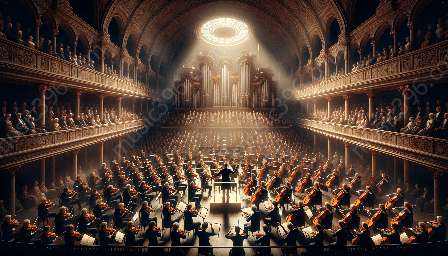The contributions of Haydn, Mozart, and Beethoven to classical music have had a profound impact on the history and development of the genre. Each composer brought their unique style and innovations, shaping classical music for generations to come.
Joseph Haydn
Joseph Haydn, often referred to as the 'Father of the Symphony' and the 'Father of the String Quartet,' made significant contributions to the classical music era. Haydn's compositions were marked by their structural clarity and emotional depth, earning him a place among the most influential composers of his time.
Haydn's impact on classical music can be seen in his development of the symphony and the string quartet forms. He expanded the possibilities of these genres, laying the groundwork for future composers to explore and innovate. Haydn's use of form, melody, and orchestration set a high standard for classical composition and greatly influenced the work of his successors.
Wolfgang Amadeus Mozart
Wolfgang Amadeus Mozart, one of the most prolific and influential composers of the classical period, made enduring contributions to classical music. His extraordinary talent and prolific output encompassed a wide range of musical forms, including symphonies, operas, concertos, and chamber music.
Mozart's impact on classical music can be attributed to his exceptional melodic gifts, harmonic innovations, and deep understanding of musical drama. His compositions exemplify the balance and refinement characteristic of the classical era, while also pushing the boundaries of expression and emotional depth.
Ludwig van Beethoven
Ludwig van Beethoven, a revolutionary force in the classical music world, redefined the possibilities of musical expression and form. His influence on the history of classical music is profound, with his compositions transcending the boundaries of the classical era and anticipating the innovations of the Romantic period.
Beethoven's impact on classical music is evident in his groundbreaking symphonies, sonatas, and concertos, which showcased his mastery of structure, harmony, and thematic development. His ability to convey profound emotion and transcendent ideas through music set a new standard for composers and performers alike.
Contributions to Classical Music
Collectively, the contributions of Haydn, Mozart, and Beethoven to classical music have shaped the genre in numerous ways. Their innovative approaches to form, harmony, orchestration, and musical expression laid the foundation for the development of classical music throughout the 18th and 19th centuries.
Haydn, Mozart, and Beethoven's influence on the history of classical music extends to their impact on subsequent generations of composers, who drew inspiration from their works and sought to build upon their legacy. Their enduring contributions continue to be studied, performed, and celebrated, underscoring their significance in the pantheon of classical music.

































